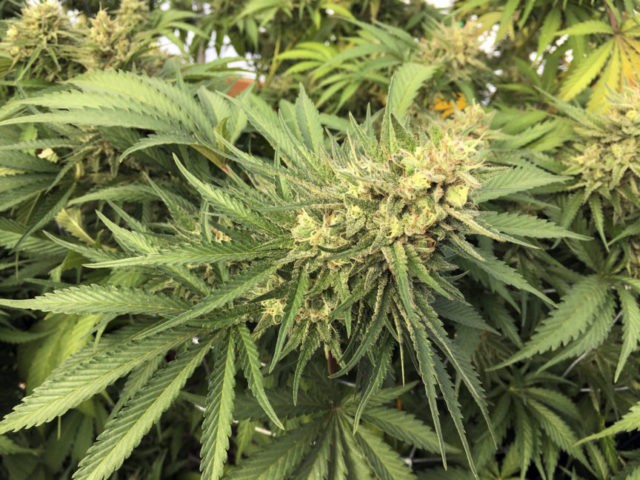The Associated Press reported Monday that 18 percent of recreational marijuana products in California have failed potency and health risk testing since July 1.
Under California’s voter approved Proposition 64, which legalized the recreational use of marijuana in the state, testing was required foro recreational marijuana and related products for potency, contaminants and health risks.
The law allows adults at least 21 years old to buy up to 1 ounce of cannabis per day, which amounts to about 40 marijuana cigarettes a day. Alternatively, an adult can buy up to eight grams of cannabis concentrates through marijuana edibles such as brownies, candy and breakfast bars, according to The Maven website. There are also smaller limits on very highly concentrated products, such as cannabis butter.
In the first 60-days of legal marijuana, the California Bureau of Cannabis Control failed 1,904 samples tested, or about 18 percent of the total, due to unacceptable levels of pesticides, solvents, and bacteria such as E. coli and salmonella, according to the AP.
California licensed growers, manufacturers, wholesalers, and retail sellers with failing products have been required to destroy all associated inventory. The failure rate was almost twice as high for very profitable sales of cannabis-infused cookies, candies, and tinctures, with about a third being blocked from sale in licensed dispensaries.
The cannabis industry complained to the AP that the failure rate was overstated due to the bureau adopting unrealistically narrow regulatory standards to protect consumer safety, including not allowing the resale of tested products after technical deficiencies in labeling and potency were corrected.
Bureau of Cannabis Control spokesman Alex Traverso told the AP: “Mandatory statewide testing is a new thing and it’s going to take some time for everything to run smoothly, but on the whole we’re pleased with how things are progressing.”
The black market is flourishing, despite California sending 1,800 cease and desist letters to known unlicensed dispensaries that are enjoying a huge competitive advantage in not having to pay steep taxes or lose inventory from failed tests.
Photo: file

COMMENTS
Please let us know if you're having issues with commenting.